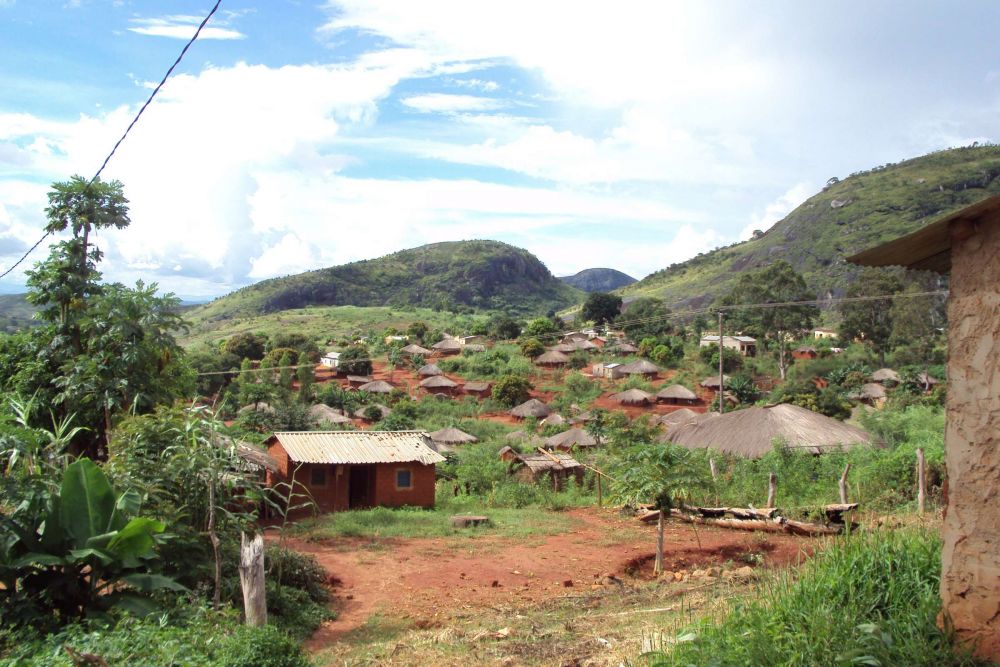IFC to invest $55 million in Mozambique’s first utility-scale solar project
The International Finance Corporation (IFC) has awarded a $55 million financial package to Mozambique for the construction of its first utility-scale solar photovoltaic (PV) project

The International Finance Corporation (IFC) has awarded a $55 million financial package to Mozambique for the construction of its first utility-scale solar photovoltaic (PV) project.
The financing granted by the World Bank Group member will include $19 million from IFC’s own account, $19 million from Climate Investment Funds and a loan of up to $17 million from the Emerging Africa Infrastructure Fund, which provides debt products to private sector infrastructure projects in sub-Saharan Africa.
The investment will go towards the development of a 40.5 megawatt (MW) solar PV project in the city of Mocuba, Mozambique, and will provide power to 175,000 households
The project is being developed by Norwegian IPP Scatec Solar and Mozambique’s electricity utility Electricidade de Moçambique (EdM), and will cost approximately $80 million.
The power produced at the plant will be sold to Electricidade de Moçambique (EdM), as part of a 25-year power purchase agreement (PPA).
Raymond Carlsen, CEO of Scatec Solar, said: “Scatec Solar is committed to harnessing Mozambique’s solar potential and infusing grid stability. This is especially important for a country that relies on a long distance power transmission system that is vulnerable to interruptions. We will leverage IFC’s knowledge and support to ensure greater resilience for the country’s electricity sector.”
Jumoke Jagun-Dokunmu, Country Manager of Mozambique at IFC, said: “Our investment in Mozambique’s first utility scale solar power plant reaffirms IFC’s commitment to renewable energy in emerging markets. There is limited access to electricity in Mozambique, particularly in rural areas. This investment will expand electricity supply in one of the least developed regions of the country while also supporting electricity infrastructure and promoting foreign direct investments at an important time.”
Never miss an update by signing up to our free newsletter here.


